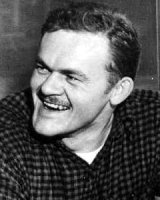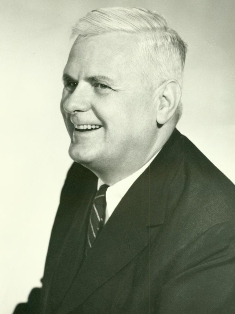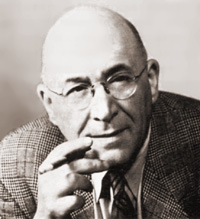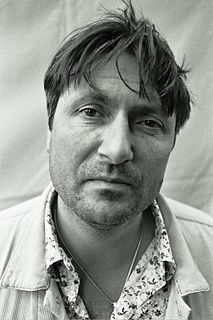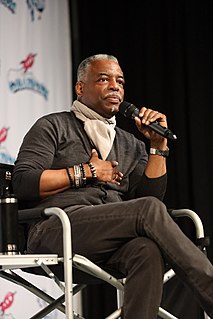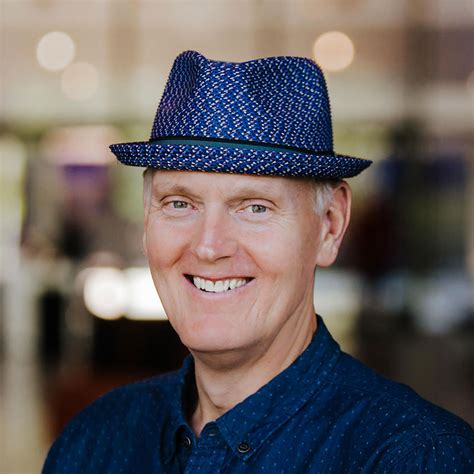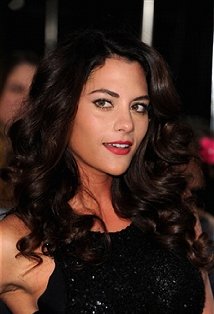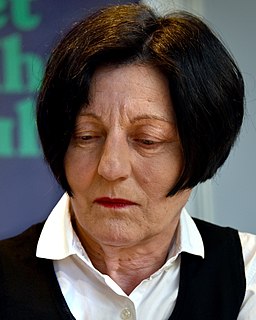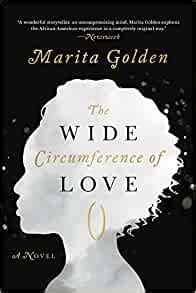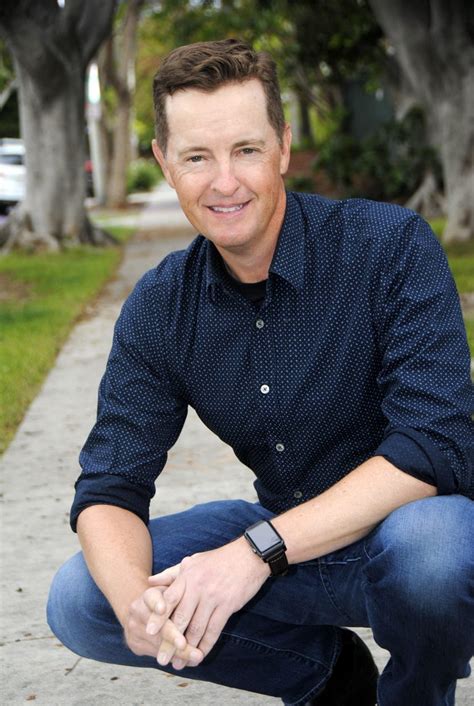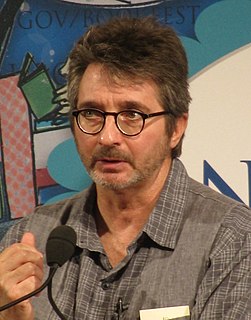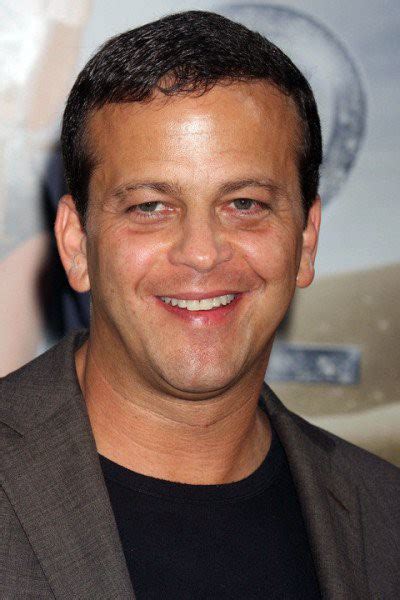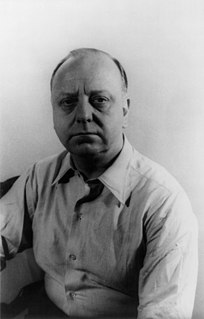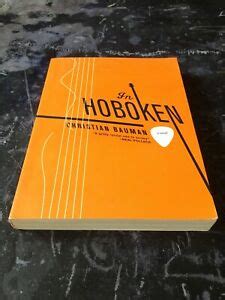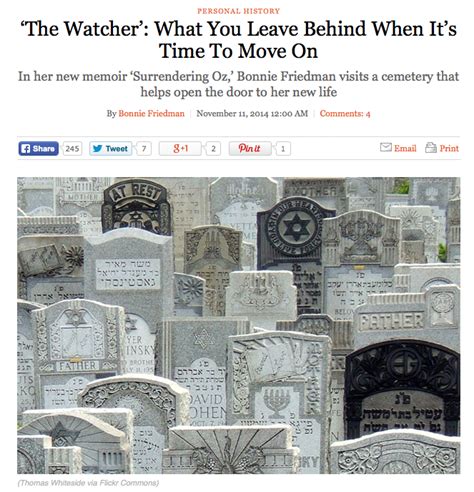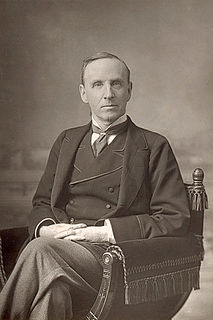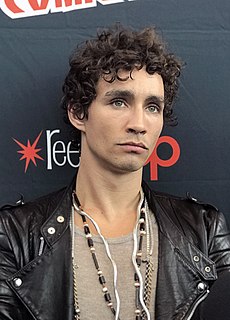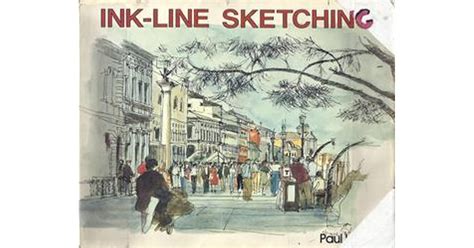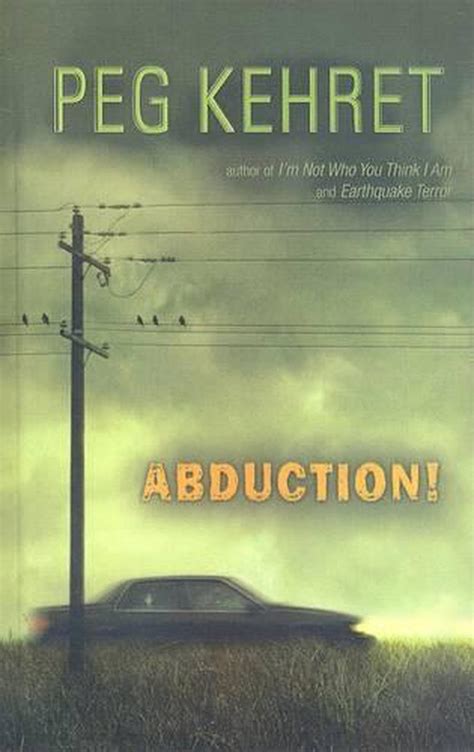Top 1200 Reading And Writing Quotes & Sayings - Page 17
Explore popular Reading And Writing quotes.
Last updated on December 19, 2024.
Writing is writing to me. I'm incapable of saying no to any writing job, so I've done everything - historical fiction, myths, fairy tales, anything that anybody expresses any interest in me writing, I'll write. It's the same reason I used to read as a child: I like going somewhere else and being someone else.
It can be dismaying, all the same, for a novelist to compare the slowness of the writing with the speed of the reading. Novels are read in a matter of days, even hours. A writer may labor for weeks over a particular passage that will have its effect on a reader for an instant - and that effect may be subliminal or barely noticed.
When you're writing - when I'm writing anyway - I'm writing out of different kinds of preoccupations and obsessions, different forms of drivenness, and so you're really hostage those while writing. I am, anyway. And it's only when you finally take the finished thing out of the furnace that you see what it was that went into the making of the thing.
One piece of advice can be universally handed out, and it applies equally to speaking, understanding, reading, and writing. If in the course of any of these language activities, you run across words whose meaning or use baffles you, don't by-pass them. Look them up in the dictionary and familiarize yourself with them.
I'm writing with the assumption that most of you who are reading this book have concluded what I have: Preaching doesn't workpreaching, as we know it, is a tragically broken endeavor. The value of our practices-including preaching-ought to be judged by their effects on our communities and the ways in which they help us move toward life with God.
I have always been fascinated by the human mind, conscious and unconscious - that is what writing and reading is about, too. The why of your life and the why of your choices and the what has happened that you know and the what that you don't know is really riveting, and psychoanalysts share my wonder at how it all unfolds.
Film writing and concert writing are two very different things. In film writing I am serving the film and it tells you what to write. I have to stay within the parameters of the film. In writing concert music for the stage I can write anything I want and in this day and modern age rules can be broken.
I had hundreds of books under my skin already. Not selected reading, all of it. Some of it could be called trashy. I had been through Nick Carter, Horatio Alger, Bertha M. Clay and the whole slew of dime novelists in addition to some really constructive reading. I do not regret the trash. It has harmed me in no way. It was a help, because acquiring the reading habit early is the important thing. Taste and natural development will take care of the rest later on.
It was not a choice of writing or not writing. It was a choice of loving my life or not loving my life. To keep writing was always a first priority.... I worked probably 25 years by myself.... Just writing and working, not trying to publish much. Not giving readings. A longer time than people really are willing to commit before they want to go public.
Acting is an incredibly gratifying, creative experience when you're doing it. But in the off-season, you want to scratch that itch, and writing has become that to me. It's a really pure form of creativity. It's good for my mental health in the same way reading books is good for me. It makes the day brighter.
I hate writing. I so intensely hate writing - I cannot tell you how much. The moment I am at the end of one project I have the idea that I didn't really succeed in telling what I wanted to tell, that I need a new project - it's an absolute nightmare. But my whole economy of writing is in fact based on an obsessional ritual to avoid the actual act of writing.




